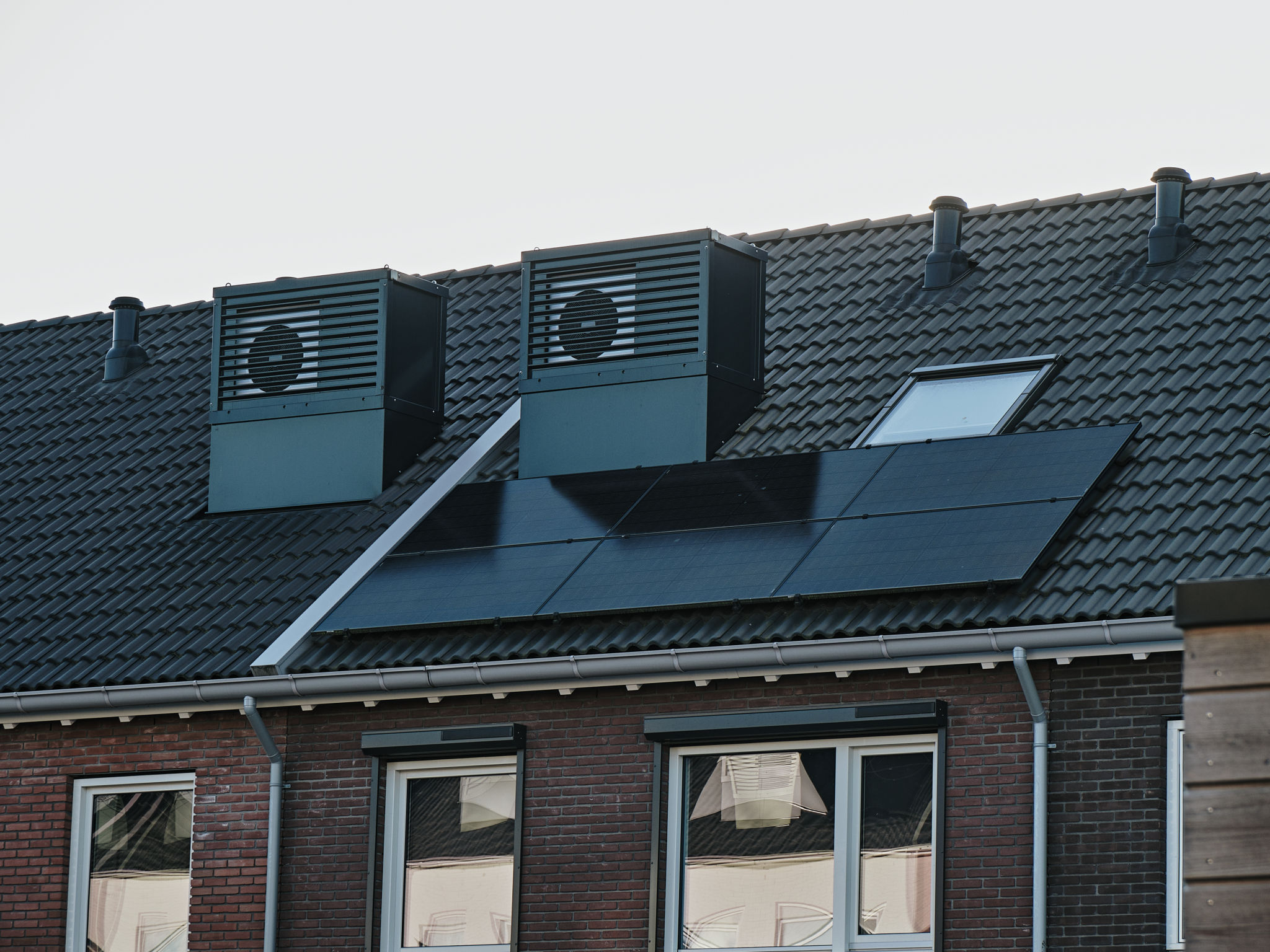DIY Smart Home Projects: Tips from Apex Digital Experts
AD
Introduction to DIY Smart Home Projects
Transforming your home into a smart haven has never been more accessible. With advancements in technology and the availability of a plethora of smart devices, you can now embark on DIY smart home projects that enhance convenience, security, and energy efficiency. The experts at Apex Digital have shared some invaluable tips to help you get started on your journey to a smarter home.
Before diving into any DIY project, it's crucial to plan meticulously. A well-thought-out plan will not only save you time but also ensure that your smart home setup is efficient and meets your needs. Let's explore some key considerations and expert tips for your DIY smart home projects.

Start with a Clear Vision
Before purchasing any smart devices, identify what you want to achieve with your smart home. Do you aim to enhance security, improve energy efficiency, or increase convenience? Having a clear vision will guide your choice of devices and their integration.
Create a list of areas in your home that could benefit from smart technology. This could include lighting, security systems, heating and cooling, or even your entertainment system. Prioritize these areas based on your budget and immediate needs.
Choosing the Right Devices
With so many smart devices available, choosing the right ones can be overwhelming. Apex Digital experts suggest focusing on compatibility and scalability. Ensure the devices you select are compatible with each other and can be easily integrated into your existing smart home ecosystem.
Consider starting with a smart hub as it acts as the central point of communication for all your devices. Popular options include Amazon Echo, Google Nest Hub, or Samsung SmartThings. This will make managing and controlling your devices more streamlined.

DIY Installation Tips
Once you have your devices, it's time to roll up your sleeves and start the installation process. Most smart devices come with user-friendly instructions, but here are some additional tips from our experts:
- Read the Instructions: Before starting any installation, thoroughly read the user manual to understand the process and any specific requirements.
- Ensure Strong Wi-Fi Connectivity: A stable Wi-Fi connection is crucial for the optimal performance of your smart devices.
- Test as You Go: After installing each device, test its functionality before moving on to the next one.
Troubleshooting Common Issues
Even with the most careful planning, you may encounter some hiccups along the way. Common issues include connectivity problems or device malfunctions. Here's what you can do:
- Check Your Wi-Fi: Ensure that your Wi-Fi signal is strong and consistent throughout your home.
- Update Firmware: Regularly check for firmware updates for your devices to ensure they run smoothly.
- Consult Support: Don't hesitate to reach out to customer support for assistance if you're facing persistent issues.

Maximize Energy Efficiency
One of the significant benefits of a smart home is improved energy efficiency. Smart thermostats, lighting systems, and appliances can help reduce energy consumption and lower utility bills. Consider integrating these devices into your setup:
- Smart Thermostats: Automatically adjust temperatures based on your schedule and preferences to save energy.
- Smart Lighting: Use motion sensors and timers to control lighting use efficiently.
- Smart Plugs: Manage power usage of appliances by turning them off when not needed using smart plugs.
A smart home isn't just about convenience; it's about creating an environment that works for you. By following these tips from Apex Digital experts, you'll be well on your way to building a DIY smart home that enhances your lifestyle.
The Future of Smart Homes
As technology continues to evolve, the potential for smart homes is limitless. Incorporating AI and machine learning into home automation systems will further personalize and optimize living experiences. By starting with these DIY projects today, you're setting a foundation for a future-proof home that's ready to adapt to new advancements.
Remember to stay updated on the latest trends and technologies in the smart home industry. Continuous learning and adaptation will ensure that your smart home remains cutting-edge and efficient for years to come.
